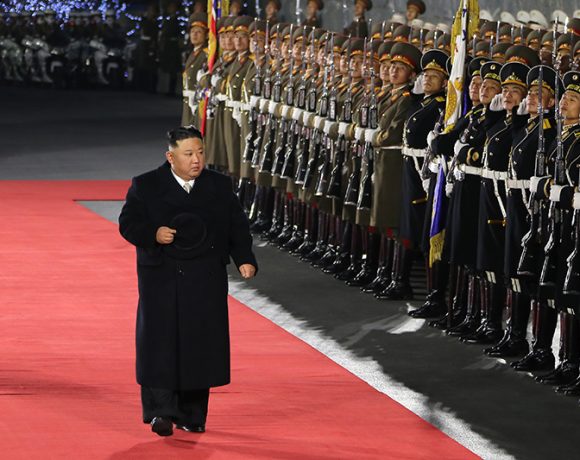
Tech Titans Call for Abolition of IP Laws Amid AI Copyright Controversies
Tech moguls Elon Musk and Jack Dorsey have sparked a new wave of controversy by publicly calling for the abolition of intellectual property (IP) laws. The comments, made during a conversation on social media platform X, come at a time when artificial intelligence companies are under increasing legal scrutiny for allegedly using copyrighted materials without consent.
Dorsey posted the blunt statement “Delete all IP law,” to which Musk, known for his provocative takes on policy, replied, “I agree.” Their exchange has ignited a wider debate about the relevance of existing IP frameworks in the age of generative AI.
The tech industry is currently grappling with a series of lawsuits filed by authors, musicians, and content creators who claim that their copyrighted work has been used to train AI models without authorization. Critics argue that while AI firms claim their systems learn abstract patterns, the results often mimic or reproduce original work too closely for comfort.
Legal experts say the growing volume of litigation signals a pivotal moment in the evolution of copyright law. Central questions include whether the training of AI on publicly available data constitutes fair use and how much protection existing laws offer creators in a world where machines can replicate style, tone, and structure.
Supporters of Dorsey and Musk’s anti-IP stance argue that current laws stifle innovation and largely benefit entrenched corporate interests. They advocate for an open-access future where creative and technological development isn’t bogged down by outdated legal restrictions. Opponents, however, caution that abolishing IP laws would strip artists, writers, and inventors of the legal protections they need to monetize and control their creations.
The clash between innovation and intellectual property rights is likely to intensify as AI technologies become more powerful and widespread. The calls to “delete all IP law” may be extreme, but they reflect the growing urgency to revisit how creative rights are defined and defended in the digital era.


















